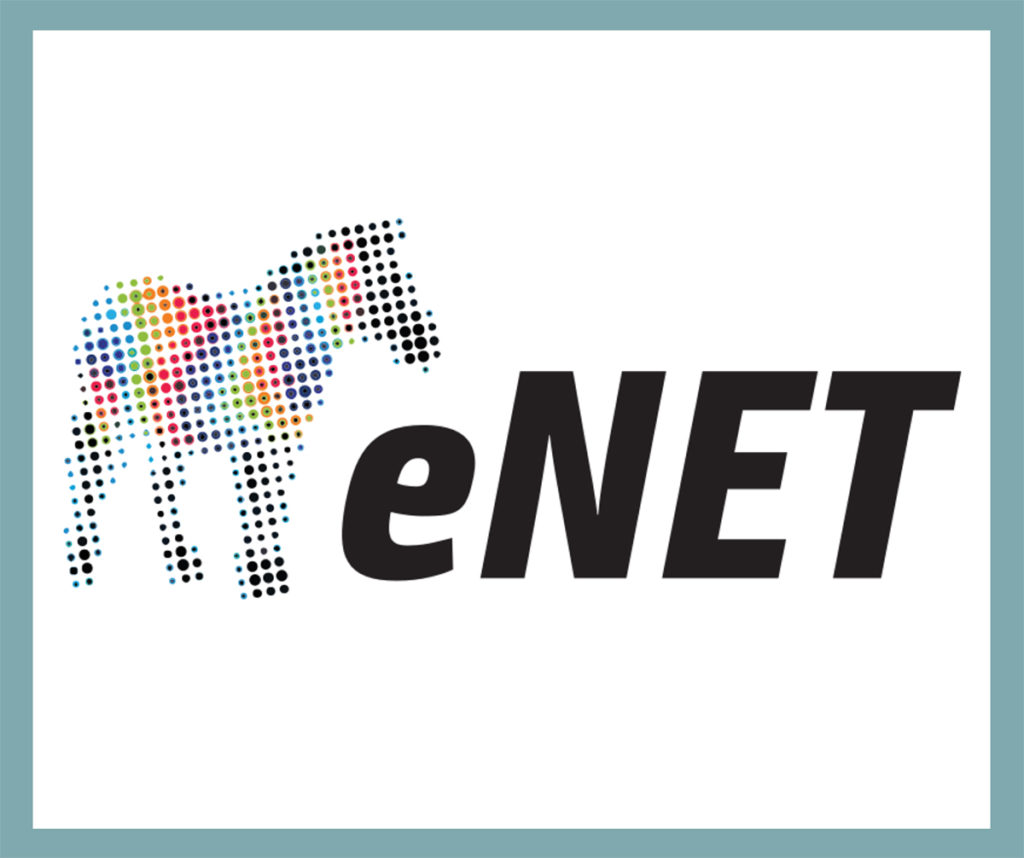
Researchers studying NET patients' quality of life
Doctors at University of California San Francisco (UCSF) are conducting the first-of-its-kind eNET study to learn about symptoms and quality of life for patients with neuroendocrine cancer. This is your chance to become a citizen scientist and help the researchers learn more about NETs. The information you provide through a series of surveys will be used to identify areas that need improvement for neuroendocrine tumor patients, as well as creating strategies for improving quality of life, patient education, and access to care.
“We’re hoping to learn more about quality of life and what it’s like living with neuroendocrine cancers,” said Claire Mulvey, MD, UCSF. “NETs are different than other more common types of cancer. Patients with NETs can live a long time and experience a unique set of symptoms and challenges. Through this study, we hope to identify additional opportunities for research and interventions to improve quality of life.”
The study is currently in the pilot stage to learn more about the platform and is enrolling 200 participants before expanding to include a larger NET population. To be eligible, you must have a diagnosis of an advanced NET that has spread to other organs or cannot be removed by surgery. You will need access to an internet-supported device and an email account to receive study reminders.
If you sign up for the study, you will be asked to complete a series of online surveys at your convenience about your medical conditions, social background, symptoms, physical activity, habits, diet, medications, social supports, fertility and sexual function, and internet use. The first set of surveys will take approximately four hours to complete; however, the surveys do not need to be completed in one sitting. Participants will have three months to complete the surveys. After that, doctors at UCSF will ask you to complete shorter follow-up surveys at six-month intervals for a total of three years. Each of these follow-up surveys will take 20 – 60 minutes to complete.
For now, the study is a web-based survey, but in the future the platform could be used in more sophisticated ways to offer education, information on clinical trials and even integrate with wearable technology for expanded research opportunities.
“Our goal is for this to be an iterative process and that we can learn from each other,” explains Emily Bergsland, MD, UCSF. “We anticipate that this type of platform will facilitate enrollment of a diverse group of participants from across the United States and beyond. The study is open to patients with advanced NETs of any grade and arising in any organ site, which should allow us to better understand how living with a neuroendocrine tumor impacts key areas like symptoms and well-being. Ultimately, we hope the results will lead to new areas of study and creative strategies for improving wellness and other outcomes in NET patients.”
To learn more or sign up, go to enet.eurekaplatform.org or you can contact the study team directly at neuroendocrine@ucsf.edu or (415) 353- 7683.
